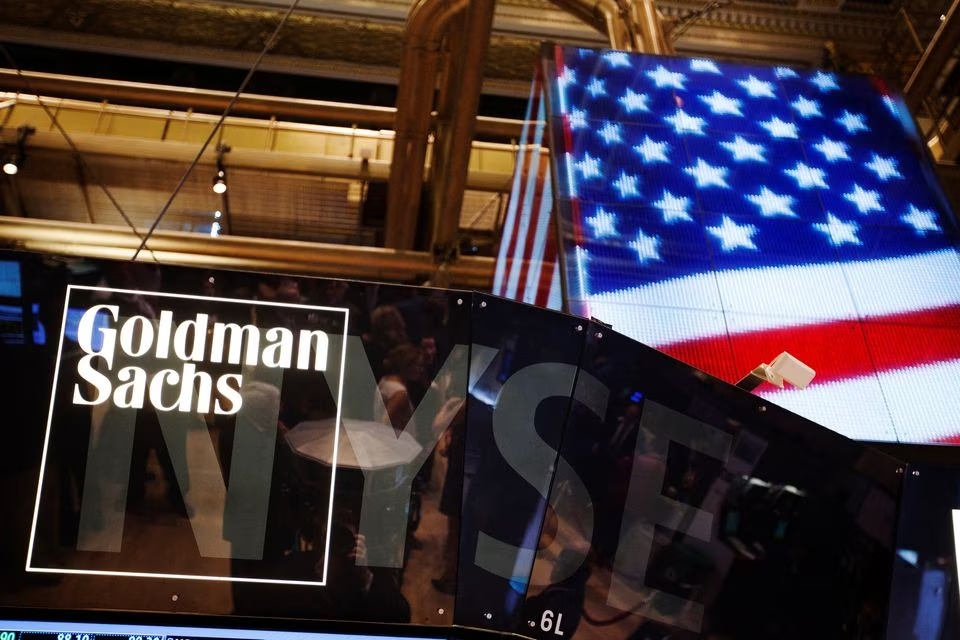
Big ECB climate change role may be step too far warns Wunsch
FRANKFURT (Reuters) – A major role in tackling climate change may go beyond the European Central Bank’s mission and competence, Belgian policymaker Pierre Wunsch said, weighing in on a debate that could reshape Europe’s most powerful financial institution.
The ECB is reviewing its role in fighting climate change, with options under consideration including the skewing of asset purchases or access to central bank funding to punish polluters and reward sustainable firms.
A key justification would be that markets are not correctly pricing climate risk but Wunsch raised doubts about the validity of this argument, which has been made by ECB chief Christine Lagarde and board member Isabel Schnabel, among others.
“I’m never comfortable with the idea that we can beat the market systematically,” Wunsch told Reuters on Tuesday.
“The burden of proof should be on us. We should really prove that some risk related to climate is not taken into account by the market,” he said in an interview.
Wunsch said that while available risk assessment may be flawed and in need of improvement, there was no evidence of a systemic, persistent bias.
The ECB should support more complete disclosure by banks on their climate-related risks and policymakers should also factor climate change into their analysis, he added.
But trying to impact market pricing could inflate bubbles and risked encroaching beyond the ECB’s traditional sphere into politics, Wunsch, a member of the ECB’s Governing Council, said.
“In the short term I would be more concerned with green bubbles than markets not pricing the climate risk.”
Critics say that the ECB has a secondary objective of supporting the European Union’s economic goals, so fighting climate change is within its mandate as long as this does not conflict with its inflation-fighting mission.
But this secondary mandate is so broad it could include almost anything, potentially pushing the ECB into the political sphere, Wunsch said.
“We are not elected officials and I’m not comfortable making such political decisions,” Wunsch said, adding that he would be “extremely cautious” in either overriding the market’s risk assessment or trying to influence market pricing.
“Beyond that I don’t think we really have the right instruments. The instruments that are most effective to address climate change are CO2 taxes or equivalent like the ETS scheme, regulation, support for R&D, he said. “Those instruments are in the hands of authorities.”
Wunsch also warned that the ECB’s understanding of the impact of climate change is limited and policymakers were at the beginning of the process, so a lot more analysis was needed.
Our Standards: The Thomson Reuters Trust Principles.






